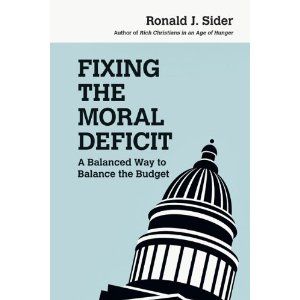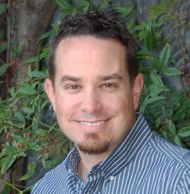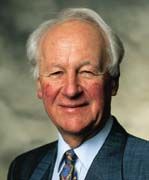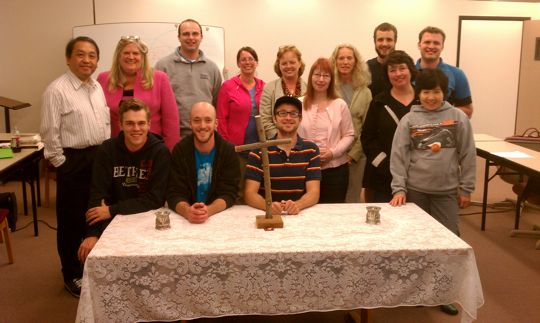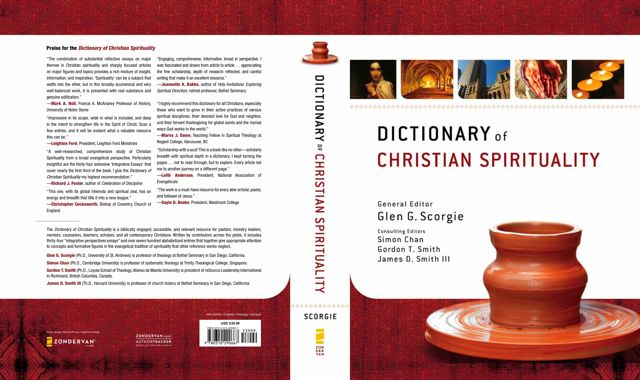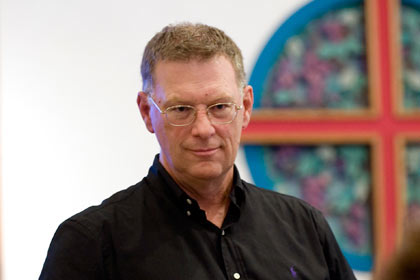
Recently Point Loma Nazarene University (or more precisely, its Wesleyan Center) hosted an academic conference entitled “Rethinking Arminius.” That would be Jacob Arminius (1559-1609), a Dutch theologian who is widely regarded today as the quintessential anti-Calvinist champion of human free will. Arminius is dear to Wesleyan and Nazarene folk, but the man himself was long ago replaced by a caricature, and the folks at Point Loma were out to set the record straight. The conference might just as well have been called “The Quest of the Historical Arminius.” To help with the quest, Point Loma called in some big academic guns from Princeton and Leiden (Netherlands) and elsewhere. The result was a high-caliber academic treat, and some surprising revelations.
